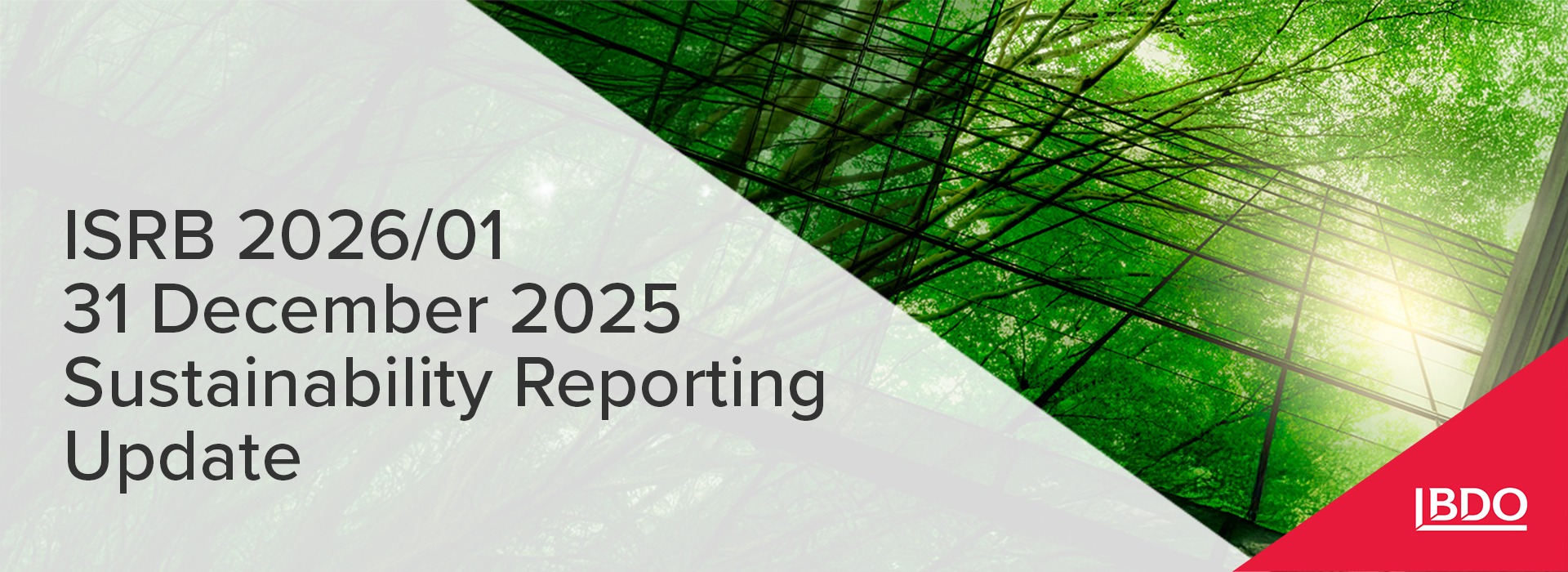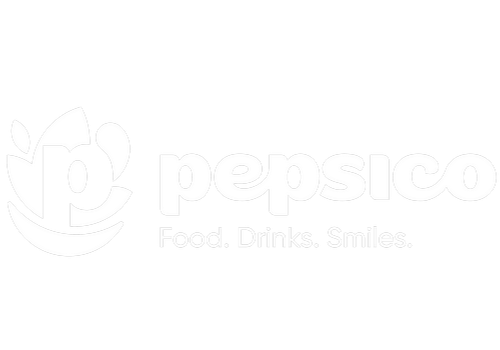On 7 April 2021, the Ukrainian government introduced amendments to its Resolution #770 (2000), which lists the schedules of controlled psychoactive and narcotic substances under Ukrainian law. The amendments allow the limited use of certain cannabinoid-based psychoactive substances and clarify the legal status of CBD isolate and CBD isolate-based products in Ukraine.
New cannabinoid-based psychoactive substances allowed for limited use
Under the amendments, Nabilone, a synthetic cannabinoid substance, and Nabiximols, a cannabis extract, whose circulation was fully prohibited beforehand, were recognised as controlled substances. This decision legalises their limited use in Ukraine along with Dronabinol, another cannabinoid-based psychoactive substance, which was recognised as a controlled substance in 2011.
The government also clarified that the circulation of Nabilone, Nabiximols and Dronabinol is only allowed in the form of finished medicines and active pharmaceutical ingredients (API) for manufacturing finished medicines.
The recognition of Nabilone (marketed under the brand names Cesamet® and Canemes® in Canada, the US, the UK, and other countries) and Nabiximols (marketed under the brand name Sativex® in several countries, including Canada and the UK) as controlled substances, in addition to Dronabinol (marketed under brand names Marinol® and Syndros® in the US and other countries), allows their marketing authorisation and controlled commercialisation as medicines in Ukraine, as well as their controlled medical use.
Despite high expectations and numerous public commitments by Ukrainian politicians and officials, the introduced amendments lead to no bold medical use revolution. Since Nabilone, Nabiximols and Dronabinol are classified as controlled substances, a set of strict limitations will apply to all activities with these substances, including:
- the licensing of imports, local manufacturing (including contract) from imported APIs, sourcing, storing, transportation, distribution and retail;
- quotas on imports, approved by the government annually;
- specific packaging and labelling requirements;
- strict prescription rules for doctors.
These limitations are expected to restrict significantly the commercial availability of Nabilone, Nabiximols and to Ukrainian patients, as well as complicate further the commercialisation of these products in Ukraine.
Another key factor contributing to the overall complexity of the Nabilone, Nabiximols and Dronabinol commercialisation and medical use is that cannabis (including its extracts, tinctures, and resins) and THC are still classified under the Ukrainian scheduling system as fully prohibited narcotic and psychotropic substances. This means that even minor deviations from the strict bureaucratic procedures would lead to interference from law enforcement.
However, it is expected that the Ukrainian parliament will consider further steps aimed at liberalising cannabis for medical use, including a more coherent, straightforward, simplified and transparent procedure for the commercialisation and medical use of Nabilone, Nabiximols and Dronabinol.
The legal status of CBD isolate and CBD isolate-based products in Ukraine
Ukrainian legislation does not explicitly define CBD as a controlled substance. However, the law prohibits extracting substances from industrial hemp—the only type allowed for cultivation in Ukraine. Therefore, it is not permitted to extract and process CBD from locally grown industrial hemp.
Historically, there were no explicit bans on the importation of products containing CBD (such as oils, veterinary products, cosmetics, etc.) into Ukraine from other countries and their commercialisation. Due to the lack of clear regulation on CBD, the de-facto existing commercialisation of CBD-based products was associated with significant risks.
Under the new wording of the Resolution #770, CBD isolate and CBD isolate-based products are confirmed to be uncontrolled substances, which means that as of 9 April 2021, no restrictions applicable to controlled substances apply to those products.
A clear definition of the legal status of CBD isolate is undoubtedly a positive development. Still, it leaves room for interpretation of the legal status of full- and broad-spectrum CBD products in Ukraine, which remain in a grey zone. Moreover, the absence of purity criteria for CBD isolate leaves it up to law enforcement authorities to decide whether a product is actually CBD isolate-based or not.
While there is no detailed regulation regarding CBD-based cosmetics and oils in Ukraine, CBD-based food products might be subject to registration as novel foods under Ukrainian laws. Although the procedure of novel food registration, adopted in light of the EU-Ukraine Association Agreement in 2014, is in force and formally binding, in practice no products have been registered yet under this procedure due to the unclear provisions in the legislation and lack of detailed regulation.
Another important outcome of assigning CBD isolate with uncontrolled substance status is the green light for marketing authorisation and further simplified commercialisation of medicines with CBD isolate as an/the active substance (including, Epidiolex® and Epidyolex®). This was officially confirmed in clarifications recently issued by the Ukrainian Ministry of Health.



























